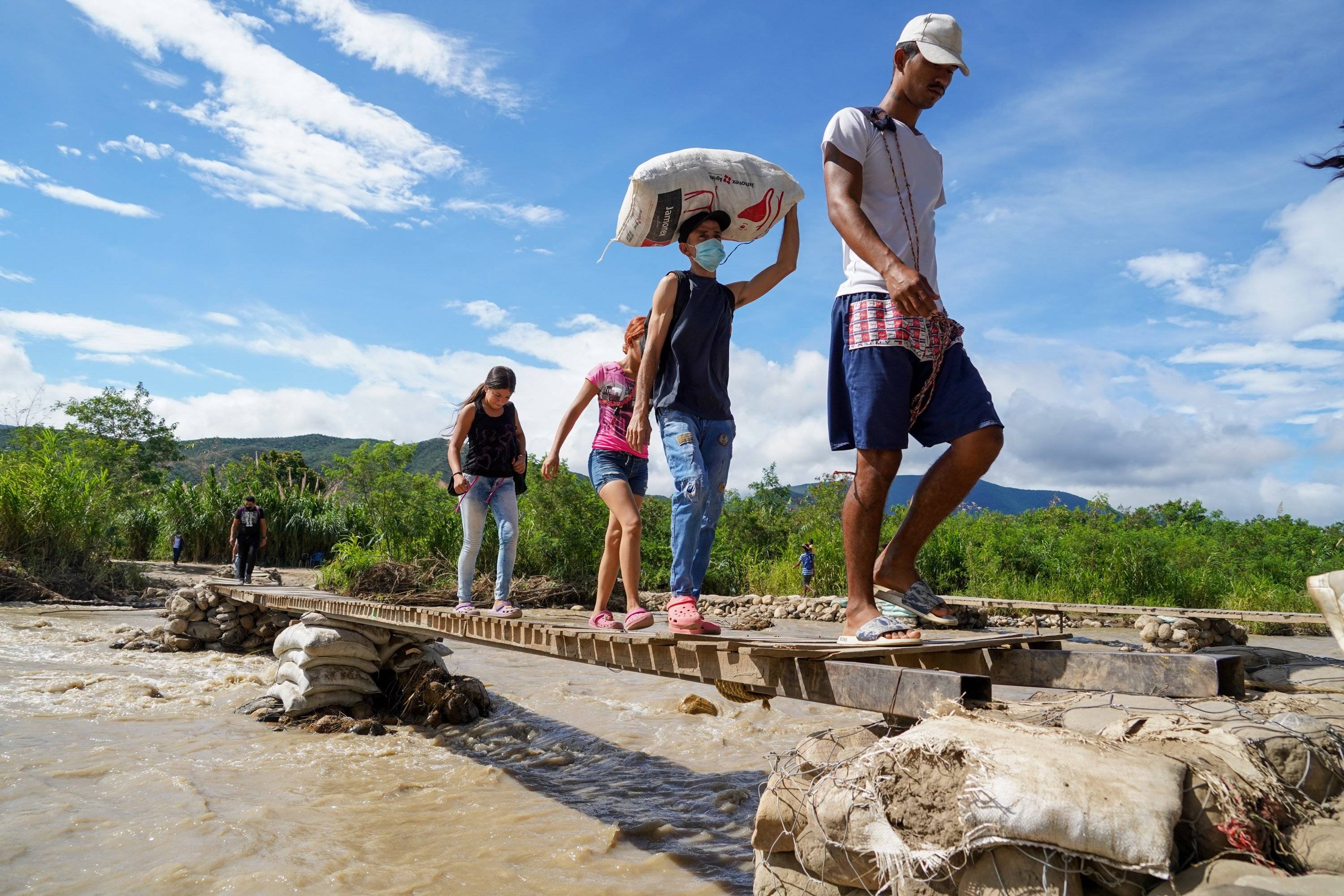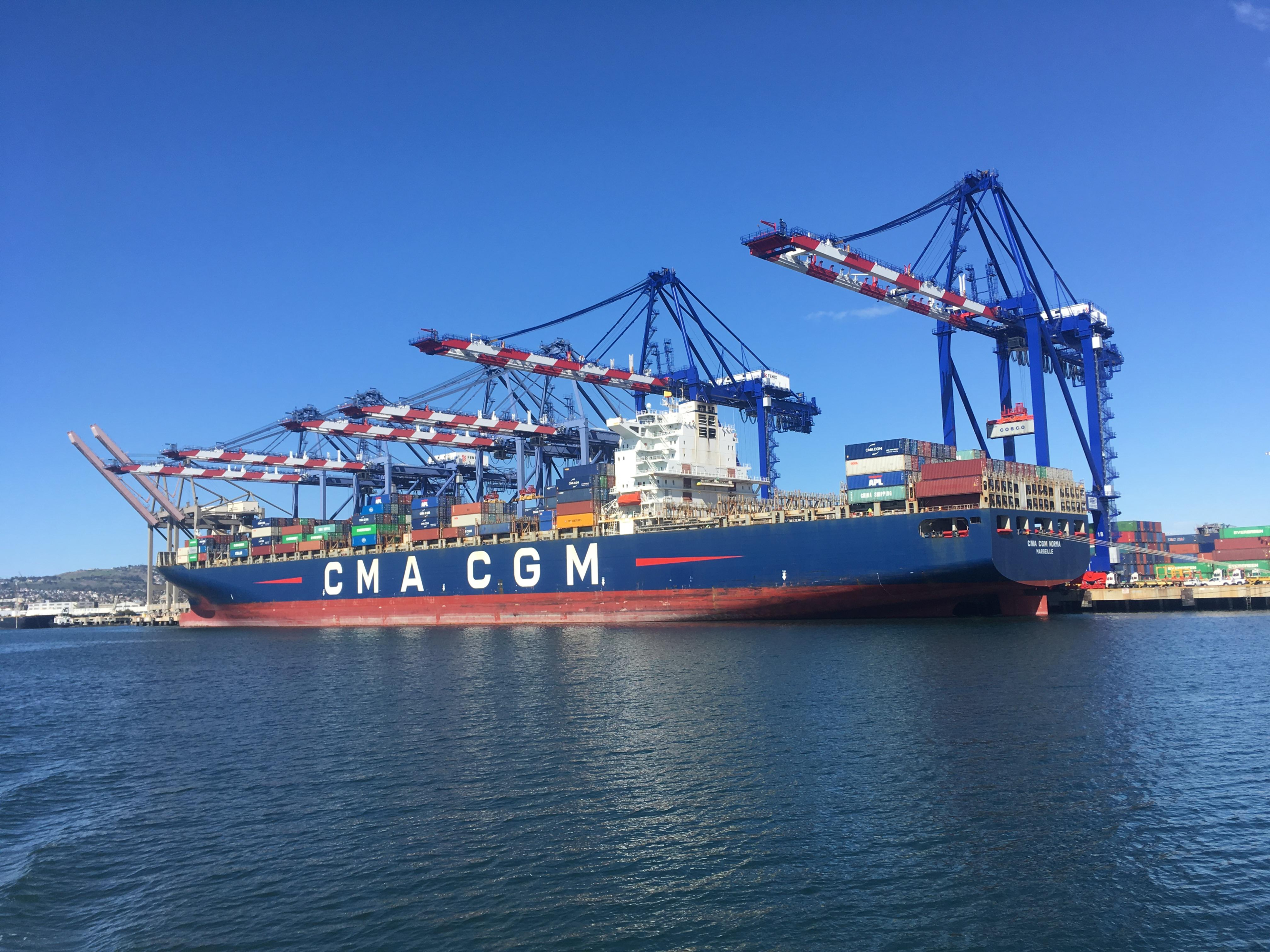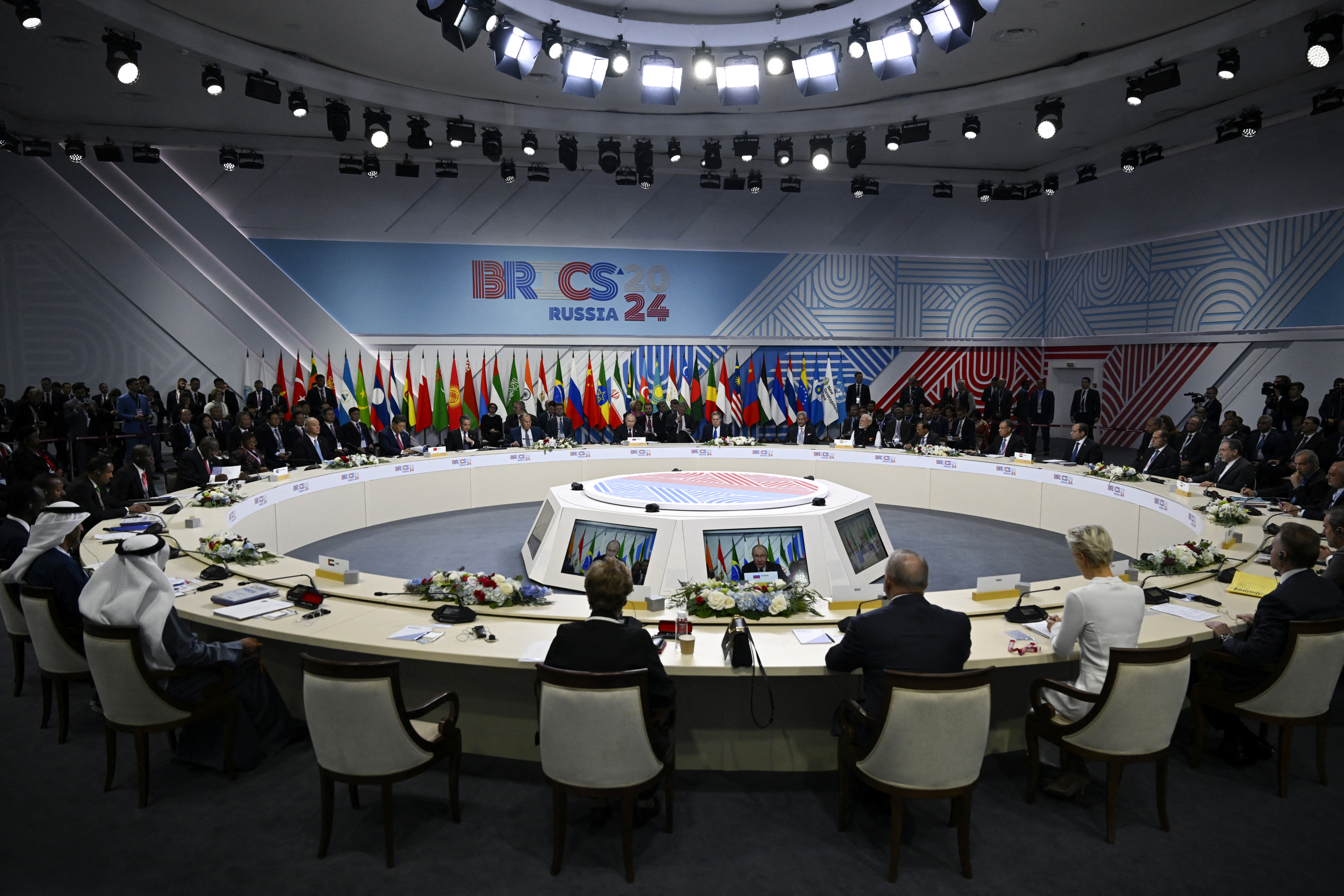The 5 factors that have Colombia closer to the potential imposition of new tariffs by the U.S.

The chances that the Colombian government will receive a letter from U.S. President Donald Trump in the coming days notifying it of the imposition of new tariffs, as happened on Monday with nearly twenty countries, in addition to the European Union, are increasingly high considering the recent trade, political, and diplomatic tensions the country has experienced with its main trading partner.
The deadline for the imposition of "trade sanctions"—25 percent tariffs—by the United States is August 1, as Trump has mentioned, reiterating that only if the governments of that group of nations agree to trade agreements favorable to Washington would he cease his intention.
"We will not allow them to circumvent our rules or attempt to circumvent our decisions by using indirect export routes," the US president insisted.
But how close is Colombia to joining the group of countries targeted by the United States with higher tariffs on its exports? A recent analysis by the Colombian-American Chamber of Commerce (AmCham) established that the country is at a high risk level of 8 out of 10 in terms of the possibility of receiving such a communication in the coming days.
The union's analysis included variables such as the trade balance between the two countries, migration flows, the fight against drugs, bilateral cooperation, and political alignment, some of which are not as successful for Colombia as it would have liked.
And while the results of the analysis do not indicate that Colombia will receive a formal letter threatening tariffs anytime soon, AmCham warns, the exercise was conducted "with the goal of anticipating scenarios and providing the tools to respond promptly to a potential escalation of trade measures."
Of the five factors analyzed, Colombia has a medium-high risk in three, high risk in one, and low risk in another, according to the study, which was also based on the variables analyzed for recent decision-making directed at Mexico, Brazil, and the European Union.
The total score for each of these areas shows that "the overall index for Colombia is close to 7.55 out of 10, indicating a high, but not imminent, risk," AmCham states.
Trade balance Colombia has a trade deficit with the United States, which at the end of last year reached nearly $1.2 billion, 38 percent less than in 2023, while in the first five months of 2025 it stood at $291 million, according to recent data from the National Administrative Department of Statistics (DANE).
This is a factor that plays in Colombia's favor, according to AmCham, which believes that "the United States currently maintains a trade surplus with Colombia, which reduces the likelihood that this will be the primary reason for unilateral tariff action."
According to the union, Trump has used arguments such as the trade deficit and national security to justify tariffs, as evidenced by recent letters sent to Mexico, the European Union, Brazil, and other strategic partners. "Tariffs are used as a tool of geopolitical pressure, beyond strictly technical commercial criteria."
However, the United States maintains a trade surplus with Colombia—especially in sectors such as machinery, technology, pharmaceuticals, and industrial inputs—which significantly mitigates this argument. Hence, the country's associated risk is low in the assessment.
Migration Another risk assessed relates to migration and the controls the country can implement in that regard. President Trump has said that Mexico has not done enough to prevent North America from becoming a "narco-playground," while Canada and other countries have been singled out for their alleged permissiveness toward irregular migration.
At this point, AmCham points out, Colombia has carried out humanitarian repatriation flights and is negotiating a technical agreement for the exchange of biometric data, but the lack of stable protocols for dignified and coordinated returns persists, making this factor one of the medium-high risk factors within the assessment.

Venezuelan migrants crossing the border with Colombia. Many use the country as a gateway to the U.S. Photo: Mauricio Moreno. EL TIEMPO
"This situation continues to affect the relationship and requires greater operational cooperation between both governments to prevent this issue from escalating into the trade sanctions narrative," the union stated.
The fight against drugs, for its part, is one of the factors that will carry the most weight in the United States' assessment of the country as it moves toward imposing trade sanctions.
Mexico has fared poorly in this regard due to its lack of results in curbing fentanyl trafficking. According to AmCham, Canada and Colombia have also been warned and are being urged to cooperate more closely to achieve verifiable results in the fight against drug trafficking.

The rise in illicit crops could put Colombia in the spotlight for decertification. Photo: AFP
And he emphasizes that in the Colombian case, the increase in illicit crops could be interpreted by its trading partner as actual noncompliance. Added to this are unilateral decisions and contradictory signals regarding extraditions and combating criminal gangs, which undermine confidence in the joint anti-drug strategy.
Thus, the most likely scenario is not the immediate implementation of tariffs, but rather a possible decertification in the fight against drug trafficking , AmCham predicts.
Failures in cooperation The Trump administration has also stated that countries' cooperation on issues such as security, migration, and trade compliance has not been sufficient. On this front, the risk of measures against the country is also medium-high.
AmCham points out that, in addition to these challenges, there are so-called trade irritants, with nearly 18 issues identified. Among these, the United States has prioritized three that require urgent attention: vehicle certifications, medicines, and digital services. The lack of verifiable solutions for these issues is interpreted as a lack of reciprocity.

Colombia's trade balance with the world was negative by more than US$10.8 billion in 2024. Photo: Carlos Arturo García M.
Added to this are the potential retaliation governments may take in response to the imposition of more tariffs, an issue on which the Colombian government has shown no intention of responding in kind, a position that has been well received in Washington.
Political context For the union, the political issue is a factor that has gained significant weight these days. For AmCham, Trump's foreign policy also incorporates ideological considerations: governments with divergent positions, alternative alliances (such as with China or Russia), or critical rhetoric toward the United States are perceived as less trustworthy and therefore subject to punitive measures.

BRICS summit held in Kazan. Photo: AFP
This position not only poses challenges for Colombia but also risks and questions due to the government's political stance, which has made decisions that could contribute to a strained relationship with the United States.
"Colombia joined the BRICS (Brazil, Russia, India, China, and South Africa) Development Bank. The (Gustavo) Petro administration has strengthened ties with China and publicly criticized U.S. officials. Furthermore, the trial of former President (Álvaro) Uribe is perceived in certain sectors of the United States as a 'politicization' that affects the bilateral alliance," he warns.
These circumstances leave Colombia at medium-high risk on this front. In fact, the union's analysis recalls that the United States is monitoring any ideological distancing and Trump has threatened to impose an additional 10 percent tariff on countries that remain aligned with the BRICS.
eltiempo





